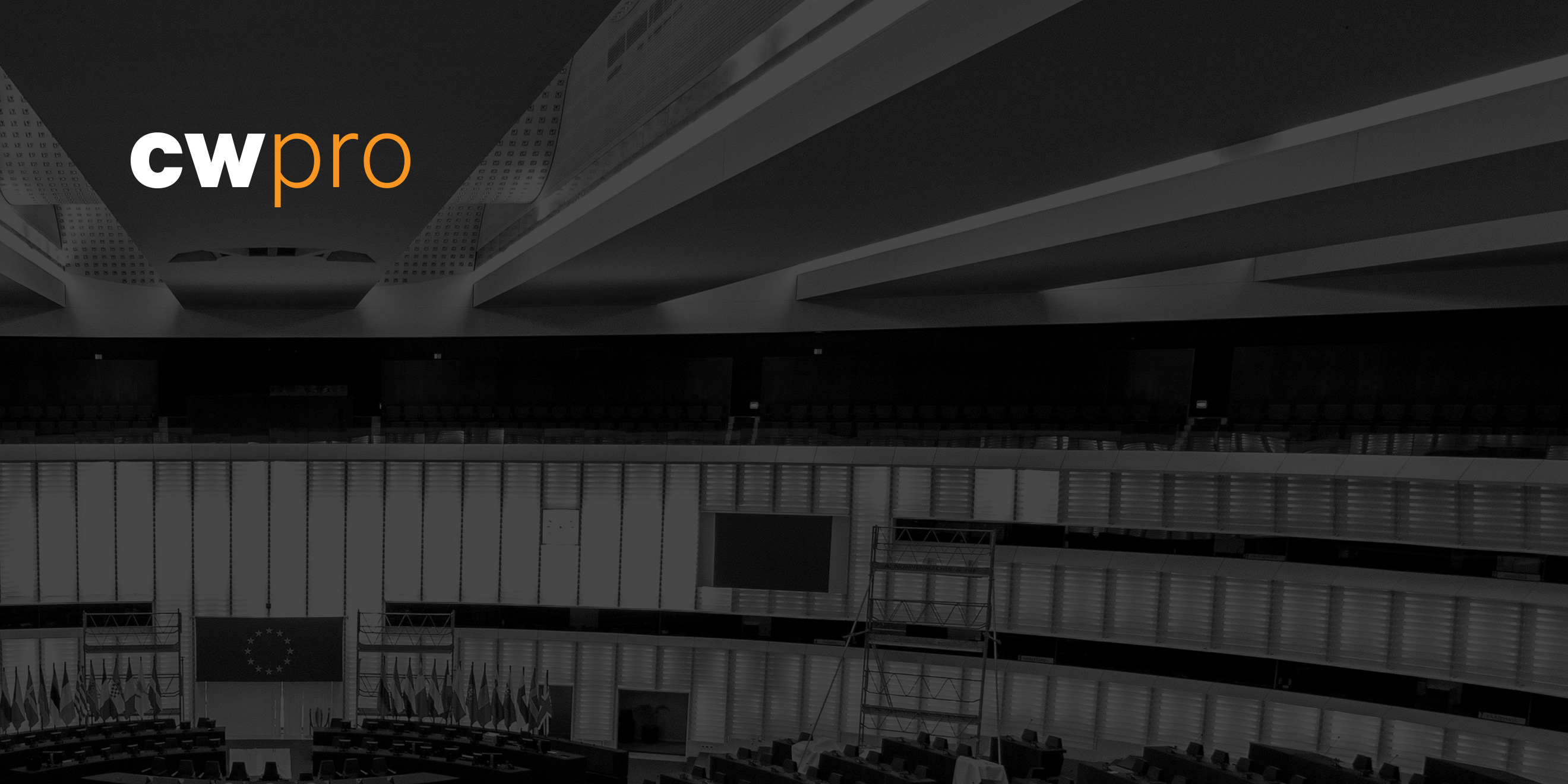At a glance.
- US warns of North Korean financially motivated cyberattacks.
- The scope of the UK's restriction of Huawei from core networks grows clearer.
- Telework may outlast the COVID-19 emergency.
- The US FBI is issuing more public warnings of cyber threats.
US Government issues a warning about North Korean cybercrime.
In what the New York Times sees as a sign that deterrence of North Korea in cyberspace is beginning to fail, the US Government has issued an unusually comprehensive advisory about Pyongyang's cyberspace offensive. The joint advisory, to which the Departments of State, the Treasury, and Homeland Security, and the Federal Bureau of Investigation contributed, and which they approved, concentrates on the threat North Korean hacking poses to the international financial system. The DPRK's activities are grouped under three main heads:
- "Cyber-enabled Financial Theft and Money Laundering." A great deal of this activity involves stealing alt-coin, cryptocurrency.
- "Extortion Campaigns." That is, ransomware. One unusual form of extortion is the DPRK's use of "long-term paid consulting arrangements...to ensure that no such further malicious cyber activity takes place." That is, they run cyber protection rackets.
- "Cryptojacking," which still affords some prospect of a modest return, and Pyongyang needs all the financial help it can get.
The unusually long public advisory includes advice on how to defend oneself against North Korean attacks. The US Government is also offering rewards of up to $5 million for tips about illicit DPRK cyber activities, which you can submit to the State Department’s Rewards for Justice website. To the New York Times' observation that deterrence may be failing, in all fairness it should be noted that cyber deterrence of Pyongyang has been for decades at best a work in progress. Deterrence is always at some level a counter-value proposition, and the less of value that you’ve got to lose, the harder you may be to deter.
The reality of the UK's partial exclusion of Huawei takes shape.
Ericsson has won the contract to provide BT with the equipment it will need to replace Huawei gear in the big British telco's networks, SDxCentral reports. The BBC says BT complains it will take until 2023 to purge Huawei kit. This suggests that the British decision to ban Huawei from its “core” networks, widely seen at the time as disappointingly soft (especially by the US and Australia), may be biting harder than thought it would. Huawei has cautioned the UK against making what the BBC calls "a 5G u-turn," and there are signs of backbench sentiment in favor of even stronger restrictions on the Chinese manufacturer.
Security, post-pandemic.
One of the things organizations are learning is what sort of work can be done remotely. It's likely that some of the habits being built up now will persist beyond the current emergency. FCW, for one, thinks that a great deal of the surge in telework the US Department of Defense is seeing may well turn into a permanent way of doing business.
The US FBI increases its warnings as COVID-19-themed cybercrime spikes.
CPO Magazine notes that the US Federal Bureau of Investigation (FBI) has "stepped up its efforts to notify the public" of criminal attempts to take advantage of the coronavirus emergency. The Bureau has increased the frequency of its alerts. It only issued nine during all of last year; it's already issued four during March and April. Not all of these deal directly with COVID-19 (one in March, for example, was a warning about human trafficking) but it does seem that the tempo of cybercrime engendered by the pandemic has moved the FBI in the direction of more frequent public engagement than had been the norm.
